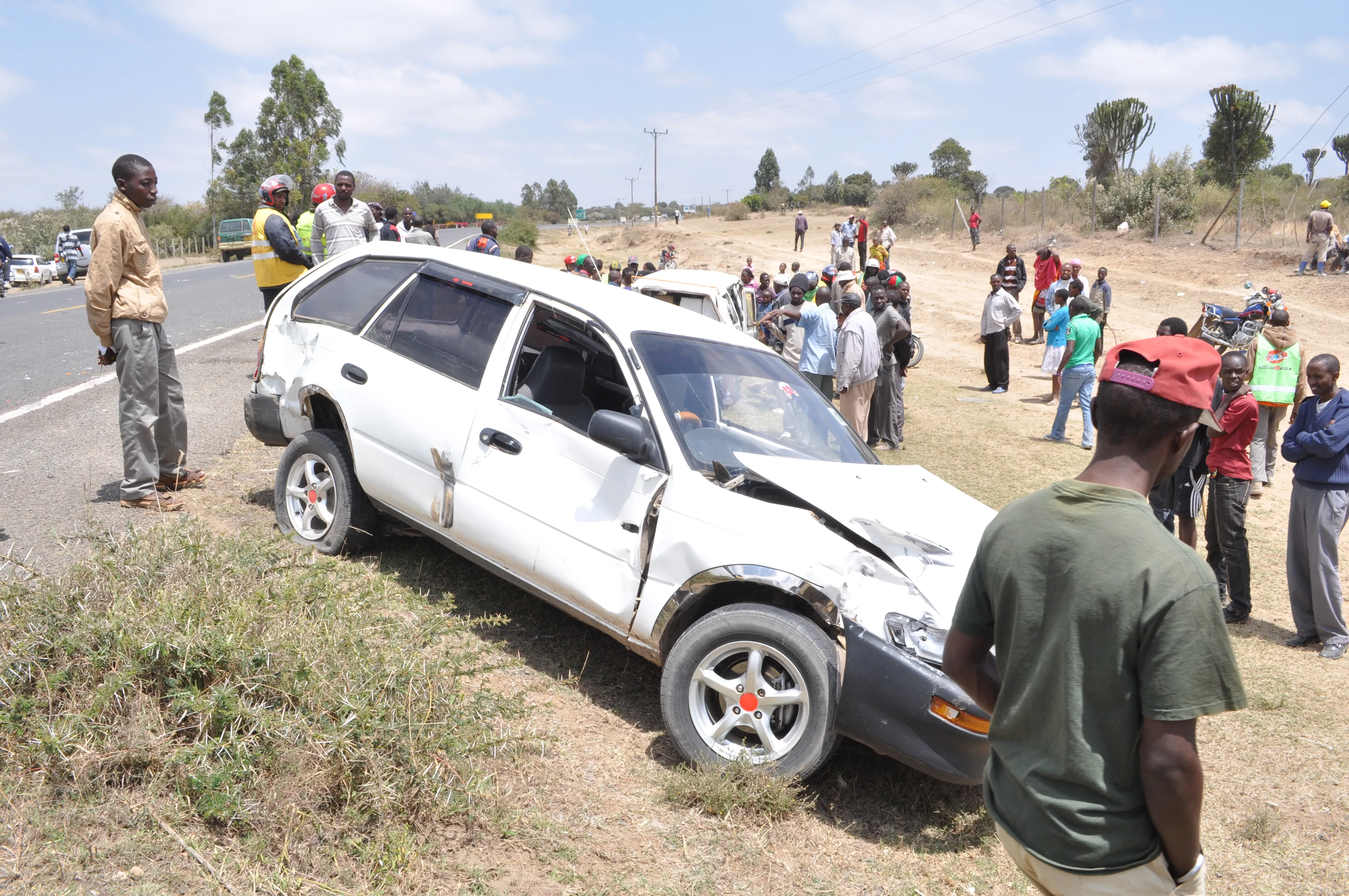With the 1st European Road Infrastructure Congress less than 100 days away, the organising team is pleased to share the event’s latest developments. Why attend? Attractive business opportunities. Despite the vote in the British referendum on 23 June, the UK will continue to be one of the most promising EU markets in terms of road infrastructure development. The recently established Highways England plans to renovate up to 80% of England’s strategic road network within the coming years, which will also incl
September 13, 2016
Read time: 4 mins
With the 1st European Road Infrastructure Congress less than 100 days away, the organising team is pleased to share the event’s latest developments.
Why attend?
Attractive business opportunities. Despite the vote in the British referendum on 23 June, the UK will continue to be one of the most promising EU markets in terms of road infrastructure development. The recently established Highways England plans to renovate up to 80% of England’s strategic road network within the coming years, which will also include approximately 650km of extra road capacity.To carry this out, Highways England boasts a ring-fenced budget of £11 billion - €13 billion - most of which will be allocated in the next 3-4 years. Moreover, the British Standards Institute has made it clear they will continue participating in the Committee for European Normalisation. Irrespective of the nature of the new relationship between the EU and the UK, British road authorities will continue to rely on EU certification methods when dealing with road infrastructure.
A unique programme
Limited resources, coupled with rapid technological change in the field of vehicle automation means that Europe’s road infrastructure needs to find a new modus operandi for future generations. The 1st European Road Infrastructure Congress boasts an exciting programme which will explore many of these challenges:• Twinning session between the EU and Federal Highways Administration on road research
As road infrastructure across both sides of the Atlantic faces similar challenges (i.e. climate change, increased traffic flow, safety, sustainability, etc.), the need for collaboration on the deployment of new promising technologies has been recognised. In this regard, the European Commission and the FHWA have teamed up to enhance cooperation and coordinate research activities. This special twinning session will therefore be a unique opportunity to take stock of current activities in the field of research and explore how deployment can be optimised.
• Ensuring a more durable and resilient network, and a longer period
Europe’s road network has taken thousands of years to develop. Can today's European road network be "forever open" - adaptable, automated and resilient? How do we build and maintain roads where new technology can be easily accommodated and that are resilient to the effects of climate change. It will take the best of existing and future technologies to produce a solution suitable for all types of road, whether urban, rural or motorway.
The Congress will host a strategic session on the “The Forever Open Road” concept and will explore existing and planned research initiatives, coupled with innovation stemming from major industry players, which can transform Europe’s road network to meet the challenges of the 21st century.
• Specialised session on the implementation of European legislation in the field of road equipment
Since 1 July 2013, the Construction Products Regulation (CPR) is the governing legal framework for the marketing of road equipment (safety barriers, road markings and traffic signs) falling under the CEN TC 226 Road Safety Equipment. While the CPR is intended to provide market players with broader access to markets and road authorities with a wide choice of suppliers, in practice the road infrastructure sector is facing several challenges when implementing CPR, particularly about certification and diverging approaches among authorities on how to implement CPR.
This specialised session, which will be held in the presence of European experts in the field, will explore how industry players and European and national authorities can collaborate more closely to overcome these challenges to ensure a better functioning framework for both manufacturers and authorities.
All in all, ERIC 2016 is a must-attend event for road infrastructure professionals and will provide a unique forum for the exchange of knowledge and the showcase of new business concepts in one of Europe’s most promising markets.








